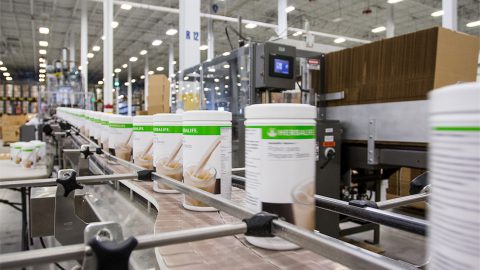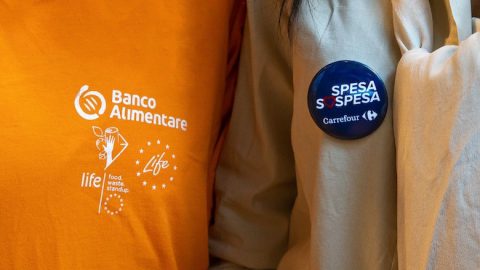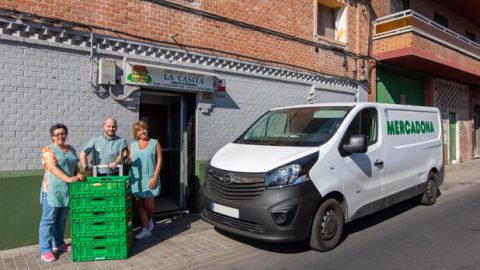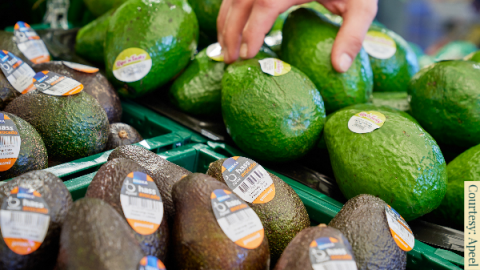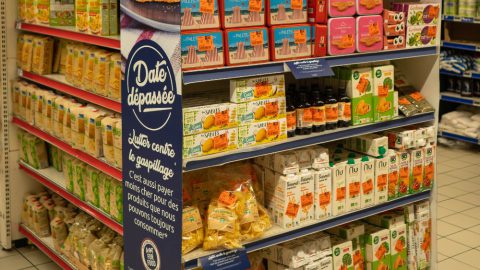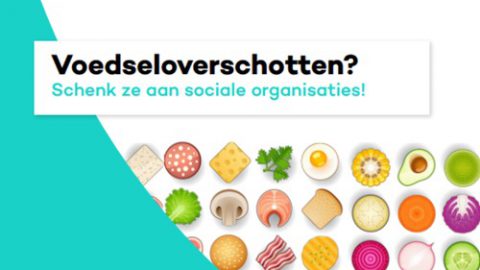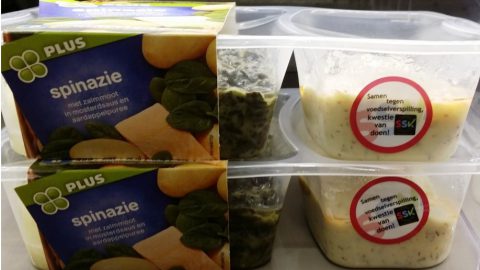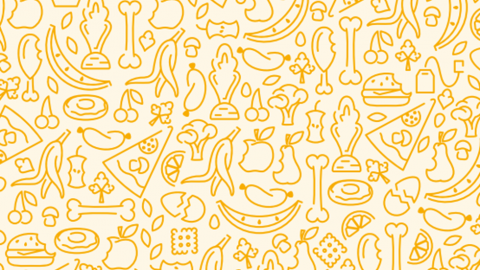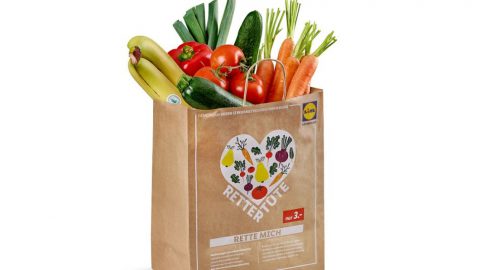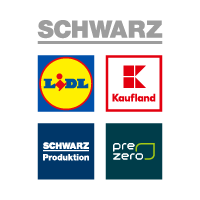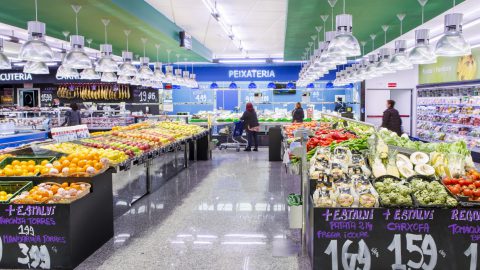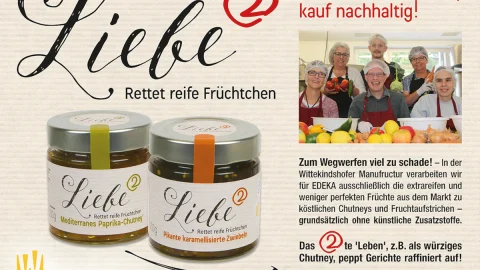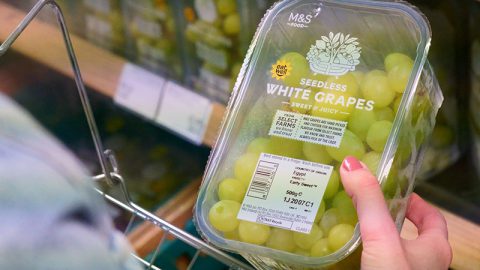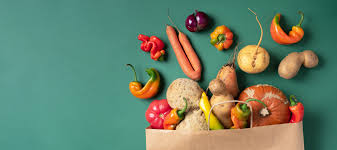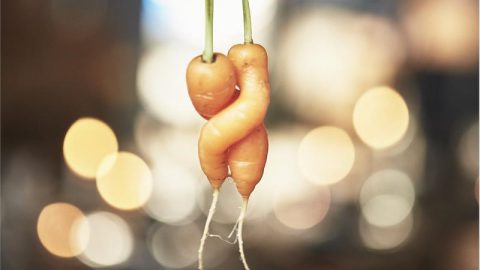The federation plays a key role in raising awareness within retail companies and institutions regarding fighting food waste.
With this aim, Federdistribuzione has been a partner in a 3-year LIFE project, Food.Waste.StandUp, which involves for the first time, the entire supply chain for an intensive awareness-raising campaign targeted at agri-food SMEs, large retailers, consumers and local institutions, to promote food waste prevention and reduction, as well as increase donations.
Every February 5th, on the occasion of the National Food Waste Prevention Day, Federdistribuzione, in collaboration with its member companies, organises communication campaigns and takes part in events, which aim at informing the public about the importance of reducing food waste. Furthermore, in order to promote retailers’ commitments to sustainability to the public and institutions, Federdistribuzione publishes, every two years, its Sustainability Report that measures the progress made by retailers over the years to tackle food waste.
Federdistribuzione has also a fundamental role at institutional level, contributing to the debate and create the right – regulatory – context that rewards those business actors who adopt virtuous behavior in the recovery of surpluses. Moreover, the Italian retail association has proactively contributed to the drafting of the Italian law on food donations, the so called “Legge Gadda”, one of the most advanced pieces of law in Europe that simplifies the administrative process for food and non-food donations and provides VAT exemption on donations.
Federdistribuzione is currently engaged in active participation within the Ministry of Agriculture’s working groups on food waste. Our involvement encompasses discussions on various aspects, including food waste methodologies and improvements to the existing legislation.


